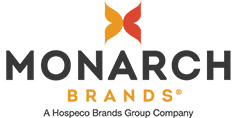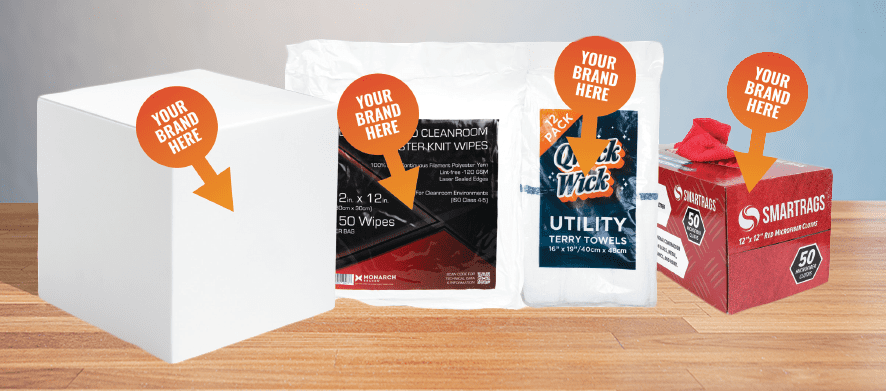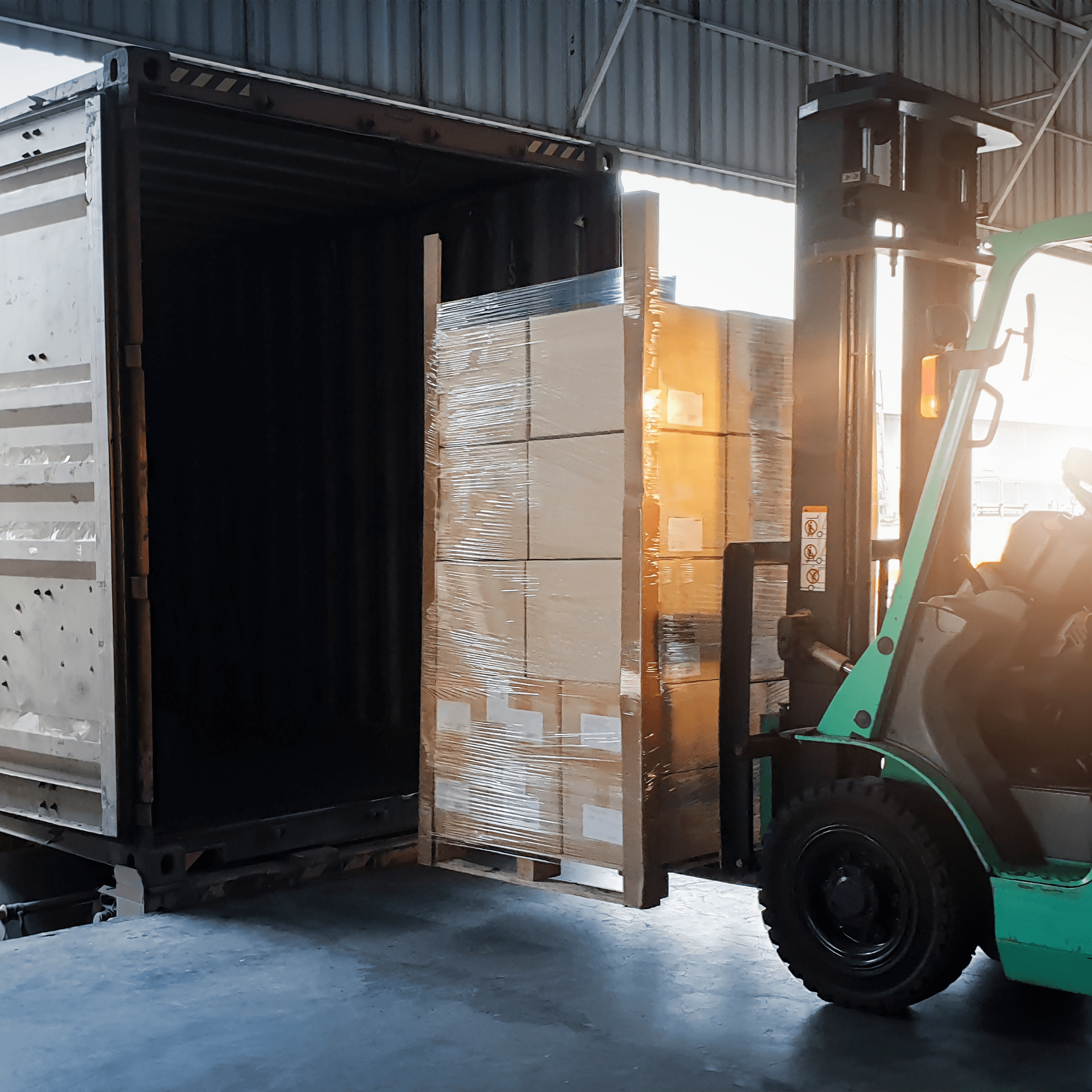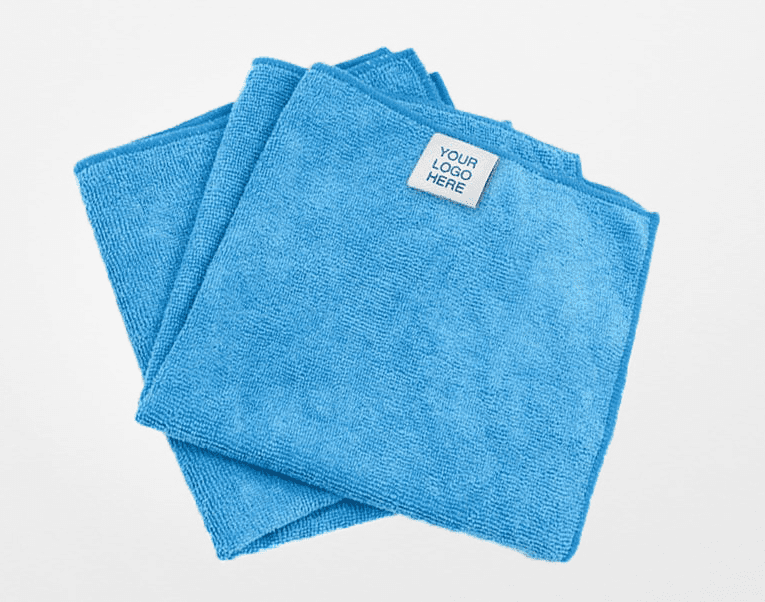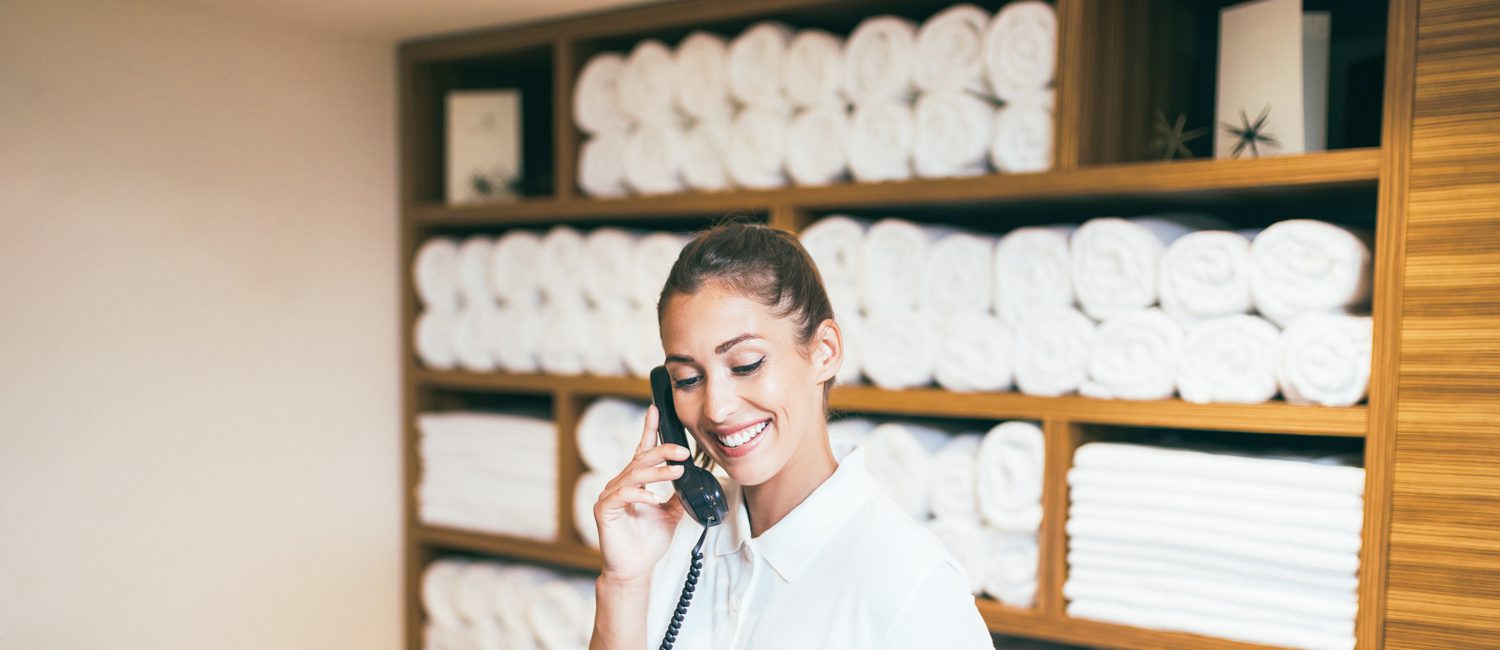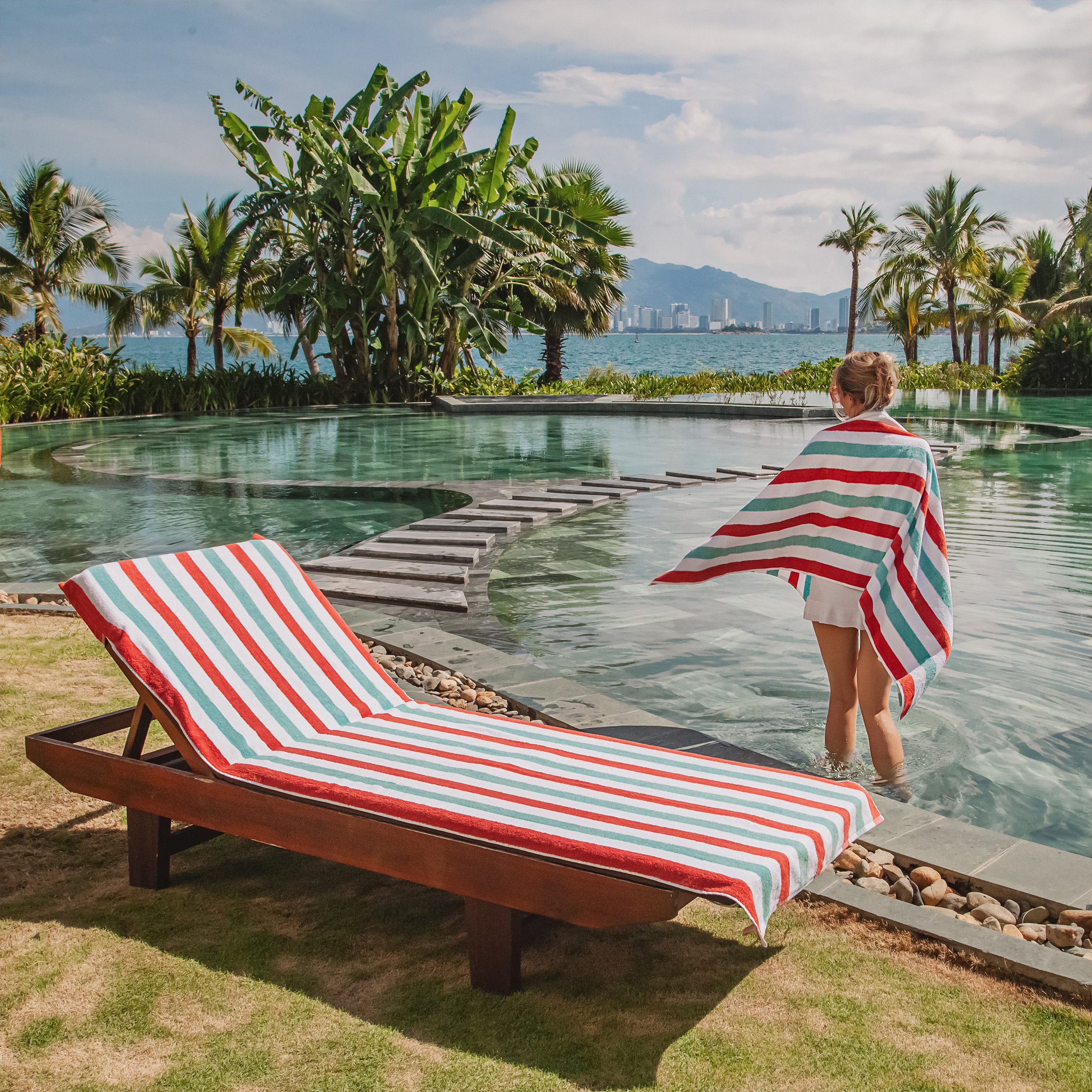Are you private-labeling your product line?
It’s common for retailers to buy directly from suppliers, then private label wholesale textiles for sale to customers under their own brand name.
The company purchasing private-labeled products has complete authority over product specifications, allowing them to customize the packaging and influence the production process according to their criteria.
This relationship dynamic between the manufacturer and retailer makes it possible to sell products such as wholesale towels, linens, and cloths under private labels, which is an excellent marketing strategy to boost their brand name.
Private labeling wholesale towels has many advantages for businesses looking to build their brand name and customer loyalty, making it possible to deliver high-quality products that address a market need.
Let’s explore the benefits of private labeling textiles like bulk towels, linens, and microfiber cloths.


